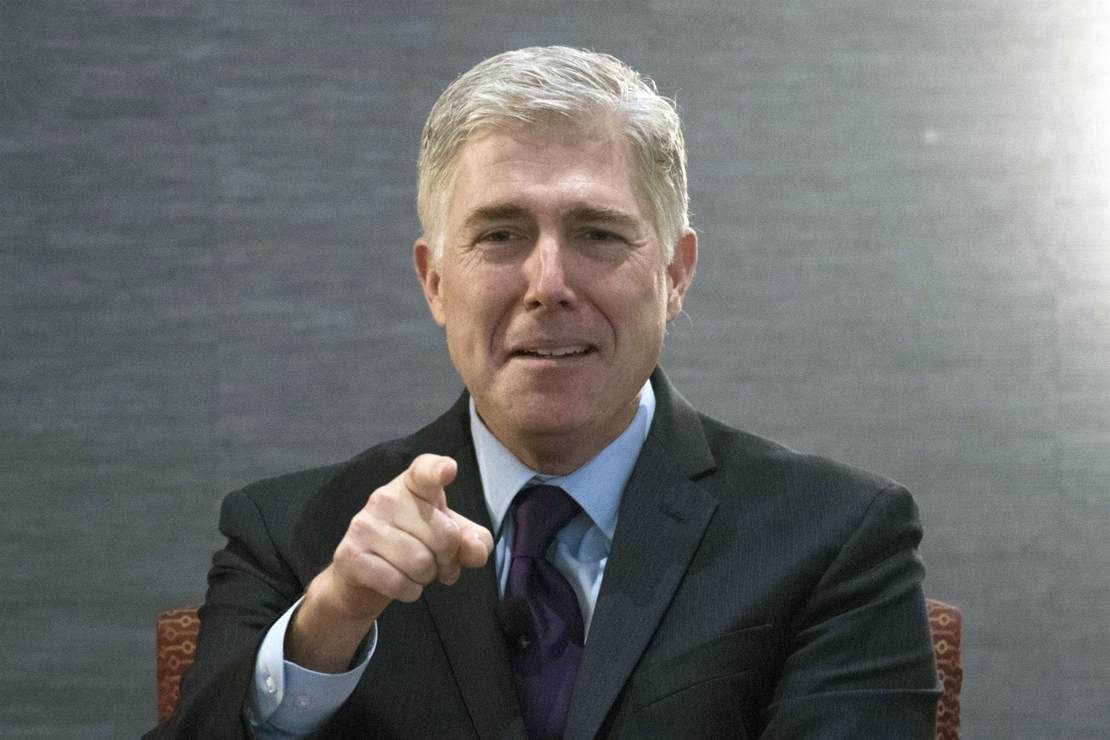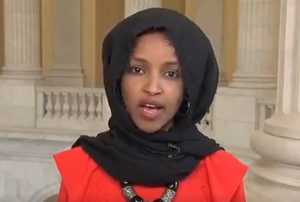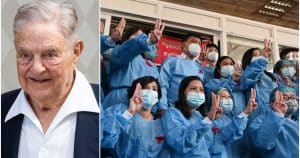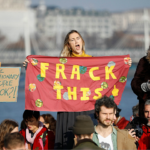Supreme Court Justice Neil Gorsuch’s concurring opinion in Friday night’s South Bay United Pentecostal, Et. Al. v. Gavin Newsom, Government of California, Et. Al., provides a useful primer on the application of the Constitution’s guarantee of equal protection of the law to worshippers in religious assemblies.
Gorusch pointedly notes at the outset that, “often, courts addressing First Amendment free exercise challenges face difficult questions about whether a law reflects ‘subtle departures from neutrality,’ ‘religious gerrymander[ing],’ or ‘impermissible targeting’ of religion,” he wrote.
“But not here. Since the arrival of COVID–19, California has openly imposed more stringent regulations on religious institutions than on many businesses. The state’s spreadsheet summarizing its pandemic rules even assigns places of worship their own row.”
Gorsuch then points out that Tier 1, the portion of Newsom’s regulations that apply to the areas of the state most severely impacted by the Pandemic, “forbids any kind of indoor worship. Meanwhile, the state allows most retail operations to proceed indoors with 25 percent occupancy, and other businesses to operate at 50 percent occupancy or more.”
At that point, Gorsuch, quite possibly with an “I told you so” nod in the direction of the high court’s liberal minority, observed that, as the infamously progressive Ninth Circuit ruled, such blatant discrimination against religious assemblies violates the Constitution.
“When a state so obviously targets religion for differential treatment, our job becomes that much clearer. As the Ninth Circuit recognized, regulations like these violate the First Amendment unless the State can show they are the least restrictive means of achieving a compelling government interest.”
Gorsuch is referring to the “strict scrutiny” doctrine that government can only impose restrictions on the exercise of a constitutionally protected activity by demonstrating beyond doubt that it is doing so in the least restrictive manner and that such an approach is the only way to achieve an end of compelling public interest.
“In cases implicating this form of ‘strict scrutiny,’ courts nearly always face an individual’s claim of constitutional right pitted against the government’s claim of special expertise in a matter of high importance involving public health or safety,” Gorsuch wrote.
“It has never been enough for the state to insist on deference or demand that individual rights give way to collective interests. Of course we are not scientists, but neither may we abandon the field when government officials with experts in tow seek to infringe a constitutionally protected liberty.
“The whole point of strict scrutiny is to test the government’s assertions, and our precedents make plain that it has always been a demanding and rarely satisfied standard.”
At this point, Gorsuch describes, then demolishes California’s official rationale for imposing clearly discriminatory regulations against religious worship assemblies.
“The state offers essentially four reasons why: It says that religious exercises involve (1) large numbers of people mixing from different households; (2) in close physical proximity; (3) for extended periods; (4) with singing,” he noted.
Nobody questions that Covid-19 can be spread by gatherings of people in close proximity to one another or that the state has a compelling interest in reducing the spread, the Justice wrote.
When constitutional liberties are involved, however, the state must meet a high standard before a limitation on the exercise of constitutional liberty can be allowed. This is where the demolition commences.
“But California errs to the extent it suggests its four factors are always present in worship, or always absent from the other secular activities its regulations allow. Nor has California sought to explain why it cannot address its legitimate concerns with rules short of a total ban.
“Each of the State’s shortcomings are telltale signs this Court has long used to identify laws that fail strict scrutiny. See, e.g., First Nat. Bank of Boston v. Bellotti, 435 U. S. 765, 793 (1978) (The state’s proffered ‘purpose is belied, however, by the provisions of the statute, which are both under-inclusive and over-inclusive.)’
In other words, Gov. Newsom, you can’t have it both ways.
Gorsuch thus takes up each of California’s four justifications. Here’s his systematic disassembly of the claim that religious assemblies are somehow bigger threats than secular gatherings because worshippers tend to do a lot of hugging.
“Next, the state tells us that worshippers are sure to seek close physical interactions. It touts its mild climate, too, suggesting that worshippers might enjoy more space outdoors.
“Yet, California is not as concerned with the close physical proximity of hairstylists or manicurists to their customers, whom they touch and remain near for extended periods. The state does not force them or retailers to do all their business in parking lots and parks.
“And California allows people to sit in relatively close proximity inside buses too. Nor, again, does California explain why the narrower options it thinks adequate in many secular settings — such as social distancing requirements, masks, cleaning, plexiglass barriers, and the like — cannot suffice here. Especially when those measures are in routine use in religious services across the country today.”
Due to the multiple approaches to the decision’s bottom line, this one is especially worth close reading. But Gorsuch’s assessment is particularly worth keeping in mind to use in evaluating every justification offered by public officials seeking to limit First Amendment activities of all kinds.
Mark Tapscott is an award-winning investigative journalist who covers Congress for The Epoch Times, and who is founder and editor of HillFaith, an apologetics ministry sharing the Gospel of Jesus Christ with congressional aides.






